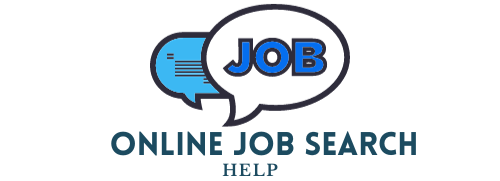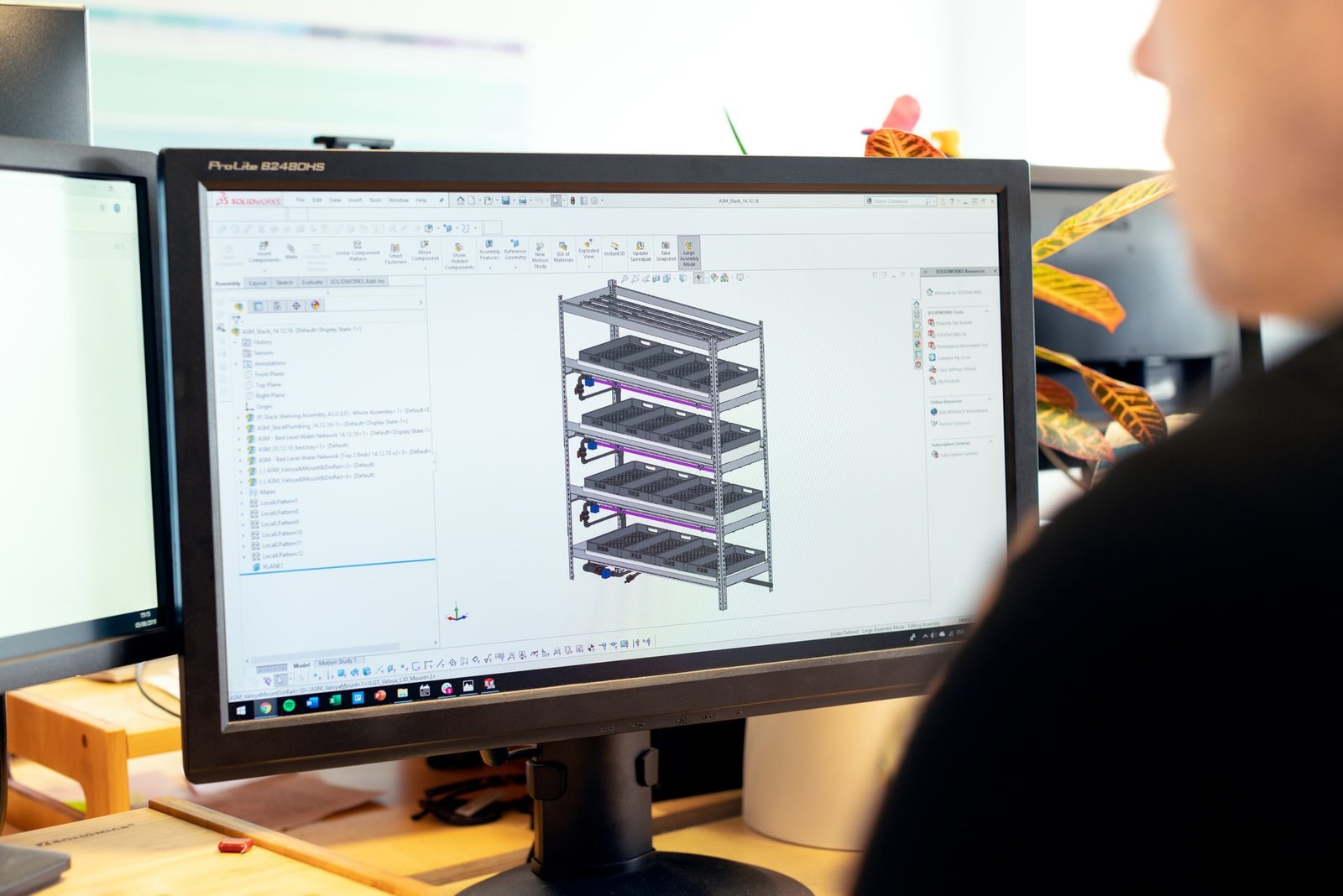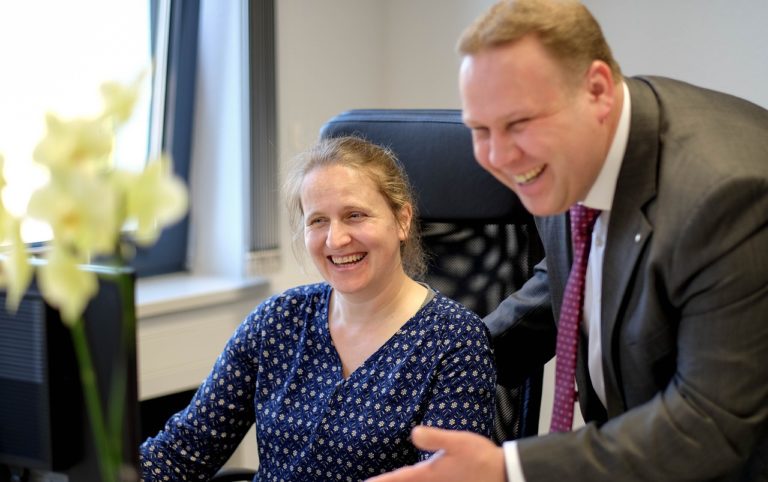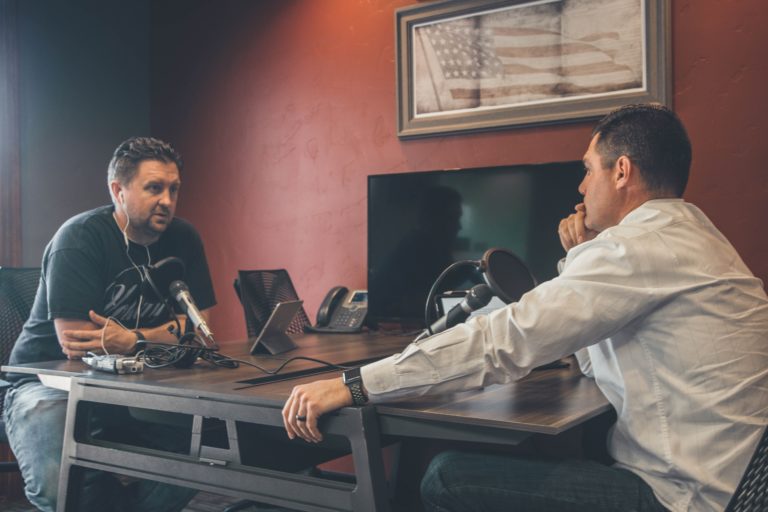The Most Common Process Engineer Interview Questions & Answers
If you’re looking to become a process engineer, it’s important to be prepared for the questions that might be asked in an interview. Here are some of the most common process engineer interview questions and answers that might come up.
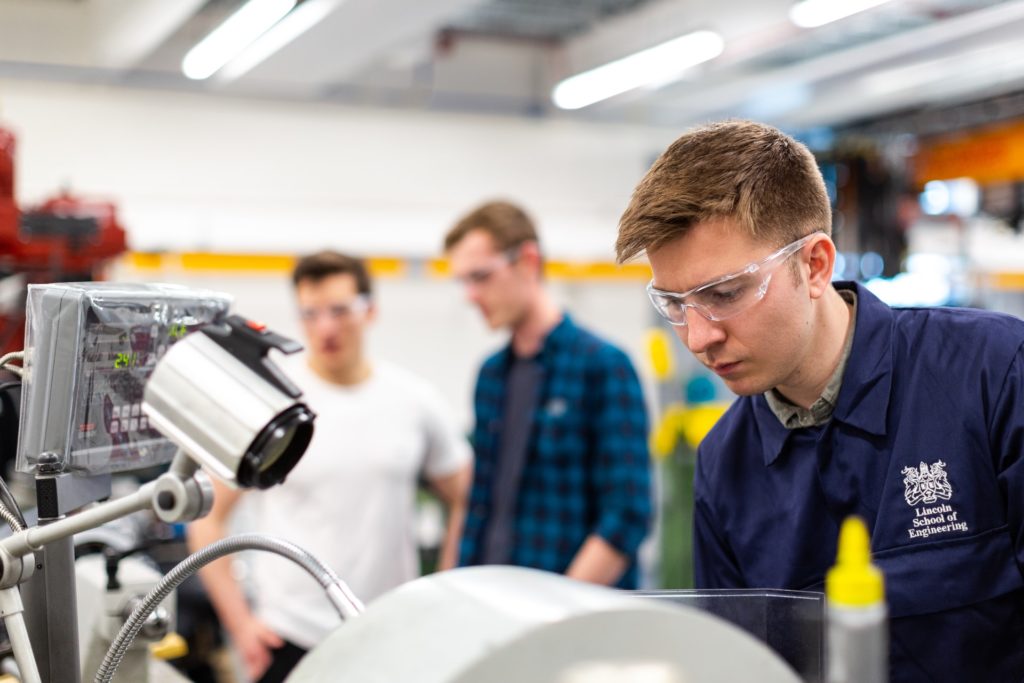
Table of Contents
Process Engineer Interview Questions & Answers
1. Why Do You Want to Work In This Position?
Asking why you applied for a position and if you did an adequate study on what the work involves are two common interview questions.
- Make it clear what you’re looking for in a new career.
- Mention something about the position that piqued your attention.
Sample Answer:
Ten years ago, I started working as a process engineer, which I’ve enjoyed for the past decade. After reading the job description, I’m confident that this role will allow me to expand my skill set and take on more complex problems.
2. What Are The Necessary Skills For A Process Engineer To Be Successful?
Interviewers are looking for a process engineer’s understanding of what it takes to be successful.
- Describe the characteristics of a process engineer as a first step.
- Second, make sure you’re familiar with the relevant attributes.
Sample Answer:
A process engineer must be able to communicate effectively with his or her colleagues and manage his or her team. Due to the nature of the task, he/she should be able to maintain a level head. He must be able to think critically, analyze problems, and negotiate effectively. The ability to think creatively and solve problems is also required.
3. What Do Process Engineers Do?
As a process engineer, the interviewer is curious about your job duties.
- Tell the interviewer what a process engineer does for a living.
- You should make it evident to the interviewer that you are familiar with the job description and the responsibilities involved.
Sample Answer:
It is the job of a process engineer to monitor and test a plant’s current processes and workflows. There are new procedures that are tested and implemented depending on the goals of the company. They are in charge of gathering and analyzing data to determine what needs to be improved. In addition, they communicate their findings and recommendations to the company’s upper management.
4. When You’re Working As A Process Engineer, Describe Your Daily Routine.
The interviewer wants to know if you have any idea what you’ll be doing on a daily basis at your new job.
- Explain to your coworkers what a normal day looks like for a process engineer.
- Don’t add anything that you don’t need to in your schedule.
Sample Answer:
As a process engineer, most of my workdays are spent overseeing various pieces of equipment, systems, and conversion processes. This morning I arrived at work a little early and got right to sorting and researching requests for production team improvements. I do monthly simulations to confirm that current operating parameters are within the needed criteria. When I need to meet with someone from the operations or construction teams, I go to the site.
5. What Were The Biggest Obstacles You Overcame In Your Last Position? What Were Your Thoughts On It?
The interviewer wants to know if you can solve problems creatively and if you have the necessary problem-solving skills.
- Describe a problem that is relevant to your industry.
- Make sure that you properly explain how you came to your conclusion
Sample Answer:
In my previous position, it was difficult for me to effectively communicate with the construction crews about what they needed to know. The only way to get around this was to create Intelligent P & IDs, which let me identify all of the important aspects of the process and make it even easier to do.
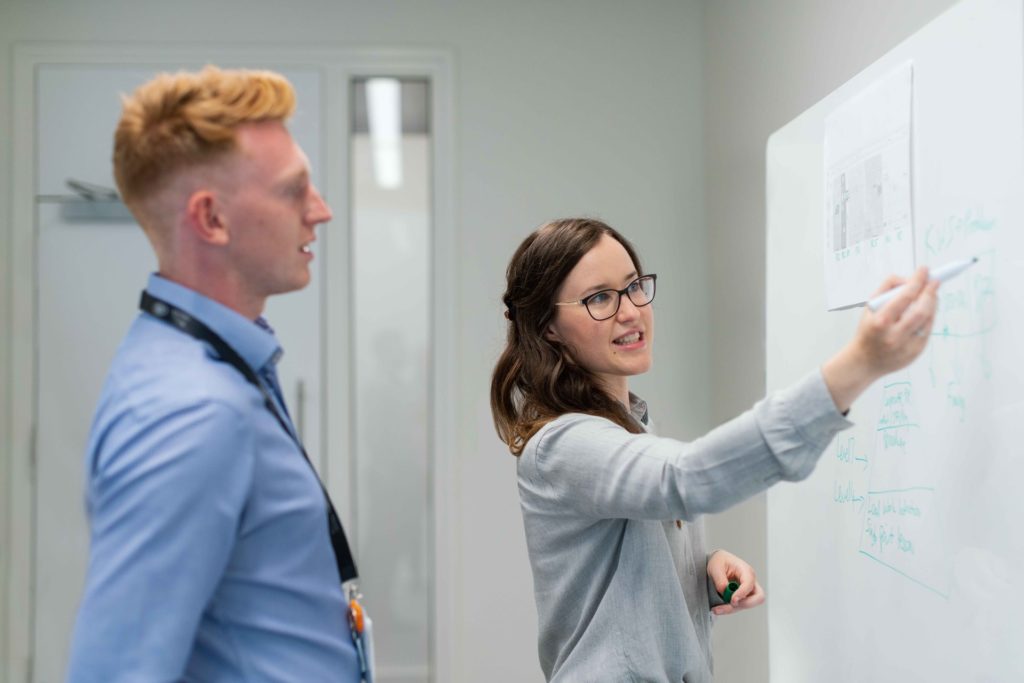
6. In Order To Succeed In This Position, What Are The Best Strategies And Mindsets?
What the interviewer is looking for is a well-thought-out plan that will lead to success and if you are in the correct mental state to take on the challenge at hand.
- Outline a clear plan of action.
- Process engineering requires a certain mentality.
Sample Answer:
Investing in teamwork and team-building exercises will allow me to clearly describe my job and assure its successful execution. Instead of depending solely on phone conversations and emails, I plan to visit the site on a regular basis and speak directly with the operations manager. As a result of my business approach, the cost will be kept to a minimum by deciding on the ideal process.
7. How Do You Keep Yourself Inspired At Your Job?
What motivates you at work is the focus of this interview question.
- Make sure it’s relevant to the position.
- If at all possible, make it personal.
- Don’t be afraid to say what you mean.
Sample Answer:
I find fulfillment in accomplishing deadlines, goals, and targets. As a result, I’m motivated to work harder. I also enjoy teaching and being a mentor to others, as well as discovering new information and techniques.
8. What Is the Biggest Obstacle You Expect To Face In Your New Position?
In this section, the interviewer wants to know what challenges you may face if you accept the position.
- Tell the truth.
- Specify how you intend to deal with the problem.
Sample Answer:
Change orders are going to be the most difficult part of this job, in my opinion. Project costs and deadlines are impacted by change orders. By doing feasibility studies before starting a project and using complicated engineering ideas I have learned and discovered in my business, I am able to adequately limit this risk.
9. How Do You Set Priorities For Your Work?
Interviewers want to know how well you prioritize your work, how well you can delegate tasks to others, and whether or not you can keep track of multiple projects at once.
- Explain your everyday routine.
- Explain how you switch between different types of priority.
- Bring up upcoming deadlines.
Sample Answer:
After arriving at work, I write down everything that has to be done in order of importance and due date so that I can easily prioritize and stay on track. As a team member, I speak with my team lead about deadlines, and I also set my own a few days in advance.
10. What Was The Lesson You Learned From A Failure In This Role?
It is important for the interviewer to know how your past experiences have shaped you as an employee.
- Share a personal story.
- Clearly state what you’ve learned from the experience.
Sample Answer:
It became clear to me early on that I was working with just a few colleagues. Consequently, I was unable to deal with the situation and made frantic calls to upper management. I designed the procedure and made sure it was efficient, but I didn’t have enough staff to handle the logistics. ‘ This taught me to always broaden my network of collaborators. I should have an in-house team that focuses on their strengths and a third-party engineering partner for projects that require a high level of precision.
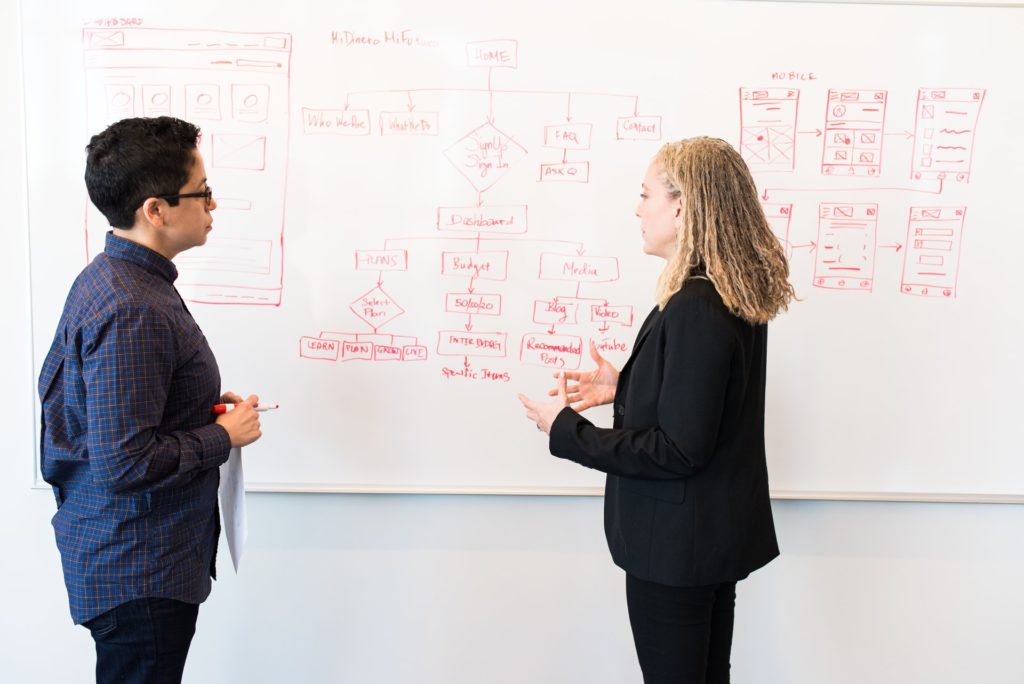
Conclusion
The process engineer interview questions and answers above should give you a good idea of what to expect in your next interview. Remember to stay positive, be honest, and showcase your strengths.
Process engineering is a critical role in many industrial facilities. The interviewer wants to ensure that you have the skills and mentality necessary to be successful in this field. Outline a clear plan of action for how you would handle specific situations, and be prepared to answer questions about your motivation, work ethic, and problem-solving skills.
